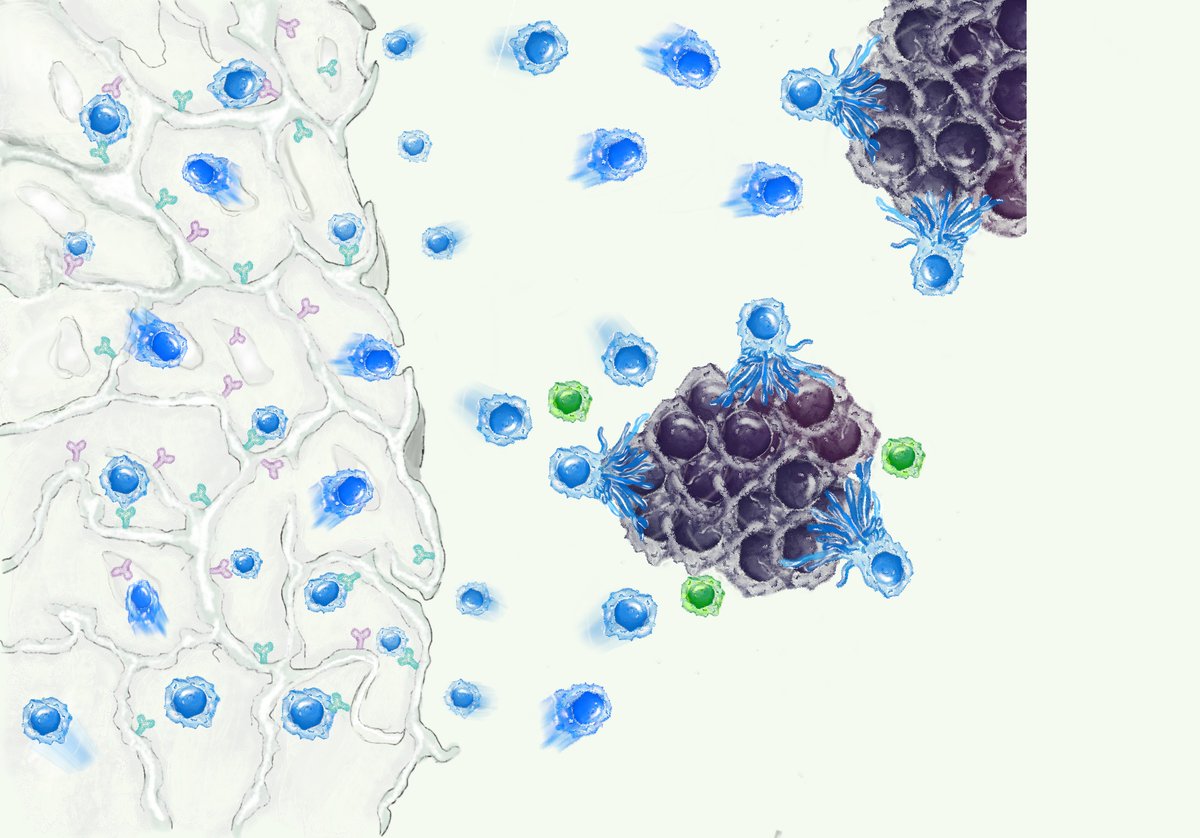
How to become a Scientific Illustrator? 🔬🎨🖌️
I receive this question almost every day. Below is some information and tips on how to become a scientific illustrator! Ask me any questions in the comments!
#illustration #sciart #career #phd #phdlife
I receive this question almost every day. Below is some information and tips on how to become a scientific illustrator! Ask me any questions in the comments!
#illustration #sciart #career #phd #phdlife

1) Develop your artistic skills: Scientific illustration is a highly specialized field, and it requires a high level of skill in illustration, drawing, and design. Take classes in art, drawing, and graphic design to develop your skills.
2) Learn about the scientific subject matter: Scientific illustrators need to have a deep understanding of the scientific concepts they are illustrating. Take courses in the sciences, such as biology, physics, or chemistry, to gain a solid foundation in the subject matter.
3) Get a degree in scientific illustration: Many universities offer degrees in scientific illustration or a related field. These programs will give you the opportunity to learn about the field from experienced professionals and gain hands-on experience through class projects.
4) Build a portfolio: As a scientific illustrator, you will need to showcase your work to potential clients and employers. Build a portfolio of your best work to use as a marketing tool.
5) Gain experience: Look for internships or volunteer opportunities where you can gain experience working as a scientific illustrator. This will give you the opportunity to apply what you have learned in school and gain real-world experience.
6) Network and market yourself: Networking is an important part of any career, and scientific illustration is no exception. Attend conferences, workshops, and other events related to scientific illustration to meet other professionals in the field.
7) Stay up-to-date with the latest technology: The field of scientific illustration is constantly changing, and new technologies are constantly being developed. Stay informed about the latest trends and techniques by reading industry publications and attending workshops.
In summary, becoming a scientific illustrator requires a combination of artistic and scientific skills, as well as education and experience.
By developing your skills, gaining knowledge in the scientific subject matter, getting a degree, building a portfolio, gaining experience, networking, and staying up-to-date with the latest technology, you can increase your chances of success in this field.
• • •
Missing some Tweet in this thread? You can try to
force a refresh






